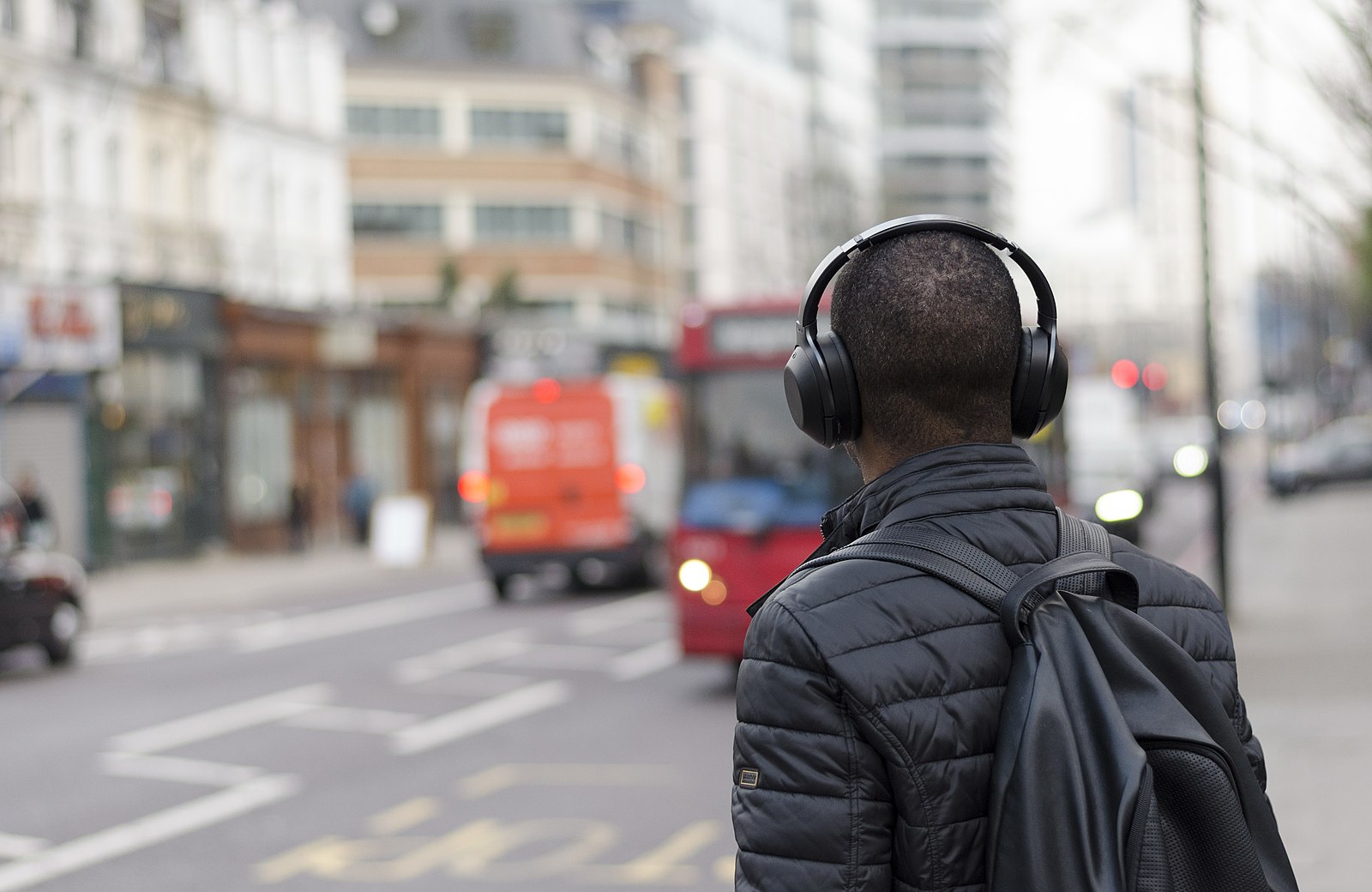- Children exposed to traffic noise at school perform worse on tests than their peers in quieter classrooms, a CUNY study found. Noise pollution — predominantly from traffic — is a global problem that leads to health problems as well as educational setbacks. (BBC)
- Sure, humans are bad drivers, and computers are better — but only in the daytime, and only if they don't have to, you know, turn or anything. (Jalopnik)
- Rising costs for infrastructure bear little relationship to growth in GDP, especially in English-speaking countries, so it's not just increasing wealth that's driving up costs. (Pedestrian Observations)
- The federal government is lowballing the true number of traffic deaths because they don't count people who succumb to their injuries more than 30 days after a crash (or people who die on driveways, parking lots, and anywhere else outside of public roads.) (Streetsblog USA)
- Minneapolis is the best big city for biking in the U.S., with Davis, California and Cambridge, Massachusetts topping the list of mid-sized cities, according to the latest People for Bikes analysis (Velo). Yet even the nation's strongest complete streets ordinance isn't enough to stop drivers from killing cyclists in Cambridge (CBS News, Streetsblog MASS).
- Traffic calming and protected bike lanes on Houston's 11th Street made it statistically safer for everyone without significantly delaying drivers. Yet Mayor John Whitmire, who believes biking is solely recreational, might still reverse the changes. (Houston Public Media)
- Hawaii agreed to fully decarbonize transportation by 2045 in settling a landmark lawsuit filed by a group of teenagers who argued that inaction on climate change violated their rights. (E&E News)
- Nearly three-quarters of Muni riders in San Francisco rated service as good or excellent on a recent survey, the highest figure in 20 years. (Examiner)
- Uber is locking New York City drivers out of the app during low-demand hours and blaming a city rule requiring ride-hailing services to pay drivers for idle time between fares. (Engadget)
- Denver Mayor Mike Johnston announced plans to step up automated speeding enforcement as part of recommitting to Vision Zero. (Denverite)
- Salt Lake City is using a $20 million federal grant to install smart sensors at intersections that give buses priority, resulting in faster bus commutes. (Tribune)
- The mayor of Arlington, Texas endorsed a high-speed rail line to Dallas 30 miles away. (Newsweek)
- During the pandemic, a Cleveland planner decided to run on every single street in the city to gauge their conditions up-close. Now, he's 780 miles into the 1,300-mile network, and he's found too many streets with crumbling sidewalks and no trees. (Scene)
- San Diego's modern light rail system is no longer just a "trolley." (Times of San Diego)
Today's Headlines
Wednesday’s Headlines Feel the Noise
Children forced to listen to loud traffic outside their schools show problems with reading, memory and attention span, studies show.
Stay in touch
Sign up for our free newsletter
More from Streetsblog USA
Americans Demand Congress Fund Active Transportation In Next Infrastructure Bill — And Not Just The Bike/Walk Advocates
A "back to basics" surface transportation bill — as Republicans are seeking — would be devastating for road safety and small businesses.
Friday’s Headlines Take a Lot to Laugh, Take a Train to Cry
I ride on a mail train, baby. Can't buy a thrill.
Talking Headways Podcast: The Future of Transit
Yonah Freemark talks with Jeff Wood about the state of the trains across the world.
Are Roundabouts Just For Rich People?
And if not, how do we get more of them in the low-income neighborhoods that need life-saving infrastructure the most?
Thursday’s Headlines Need Alternatives
Economics 101: Competition brings down costs.
How Recreational Cycling Can Lead to Safe Streets For All
These cities are leveraging joy to fight for connected communities.






